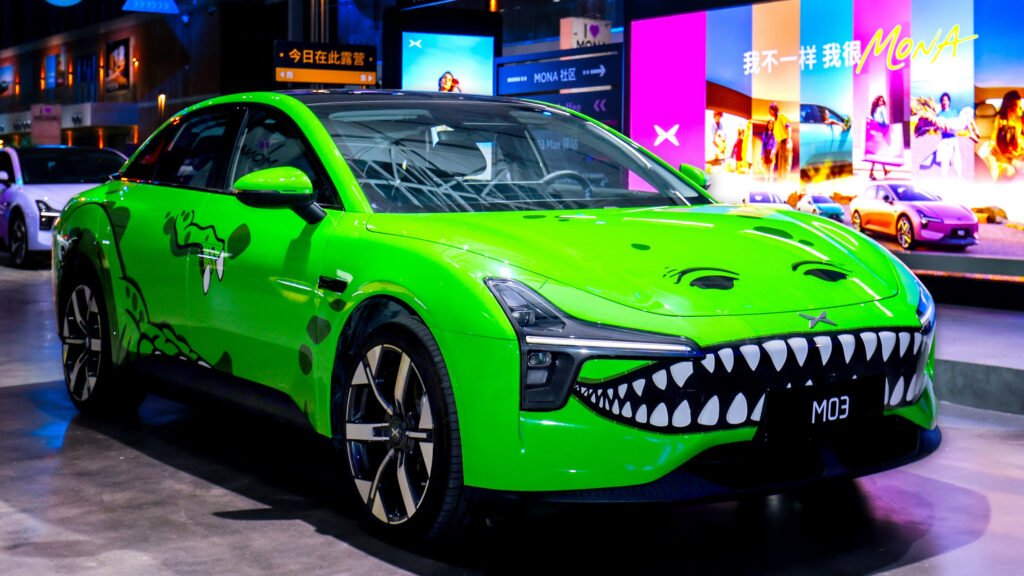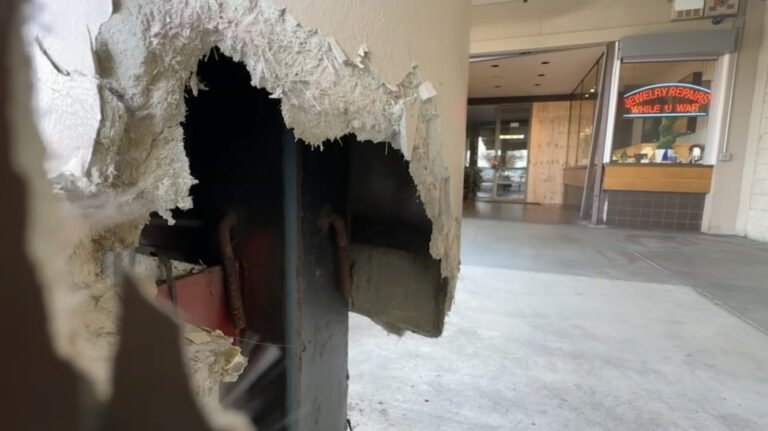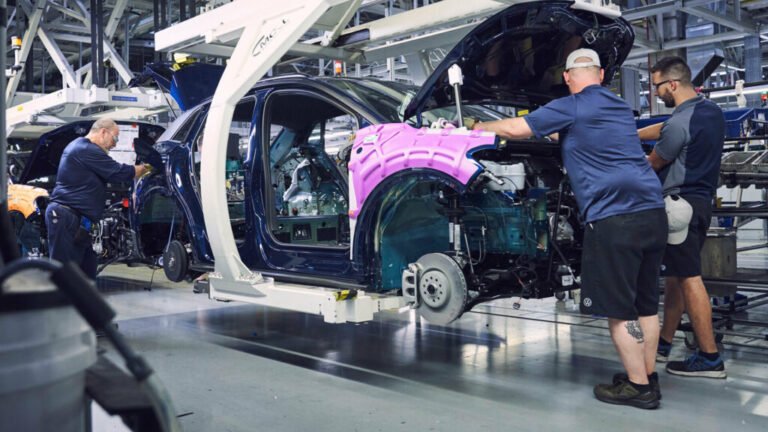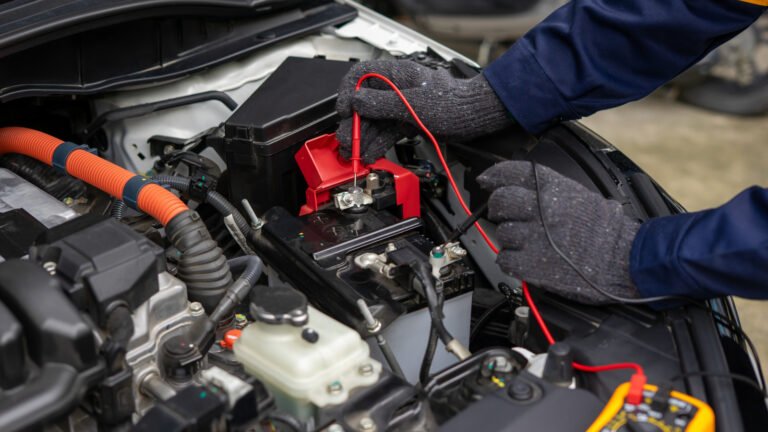

- Chinese officials warned brands to halt price cuts that fuel unhealthy market competition.
- BYD blamed for triggering aggressive new price war, though not explicitly named by officials.
- Average new car prices in China have plunged 19 percent over the past two years.
The electric vehicle boom in China hasn’t just been about innovation or environmental consciousness. A big part of the story has been an ongoing price war that’s turned the market into something resembling a discount electronics aisle
Read: EV Discounts Hit Record High In China And That’s Bad News
The price war among Chinese EV makers has been raging for a couple of years now, no doubt playing a huge role in the uptick in EV sales across the country. However, the local government has called for an end to the practice, aiming to halt excessive competition and prevent a race to the bottom among local car manufacturers. Whether or not the war will stop remains a different question.
Regulators Push for Stability
Executives from several local EV brands were recently called to Beijing, with government officials urging them to “self-regulate”, CNBC reports. The country’s market regulator echoed the message, calling for efforts to “comprehensively rectify ‘involutionary’ competition”, a term Chinese Premier Li Qiang also used in his recent annual work report to describe the increasingly self-defeating market dynamics.
New EV and hybrid prices in China have been cut repeatedly in the last two years, as local automakers scramble for market share. The China Association of Automobile Manufacturers weighed in, warning that “disorderly price wars intensify vicious competition.” The group also called out BYD, without naming it directly, noting that “a certain automaker has taken the lead in launching significant price cuts and many companies have followed suit, triggering a new round of ‘price war’ panic.”

Xpeng Boss Has His Say
According to CNBC, China’s Ministry of Industry and Information Technology plans to increase regulation of non-productive competition and looks to enforce laws promoting fair competition. However, some are doubtful that this will work and suspect that the price wars will only intensify.
Xpeng’s chief executive, He Xiaopeng, doesn’t sound too optimistic about a ceasefire. In his view, “competition will become more intense in the next five years,” describing the current situation as merely an “appetizer” for what’s ahead. Analysts at Nomura share that perspective. Speaking to CNBC, they said that with an ongoing oversupply of vehicles, the worst of the pricing wars may still be on the horizon.
Over the past two years, the average retail price of a new car in China has dropped by around 19 percent, now sitting at roughly 165,000 yuan, or about $22,900. The question is whether those low prices can last without breaking something in the process.




